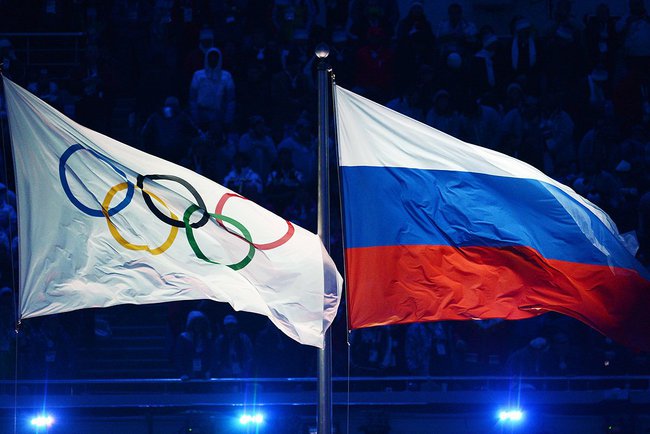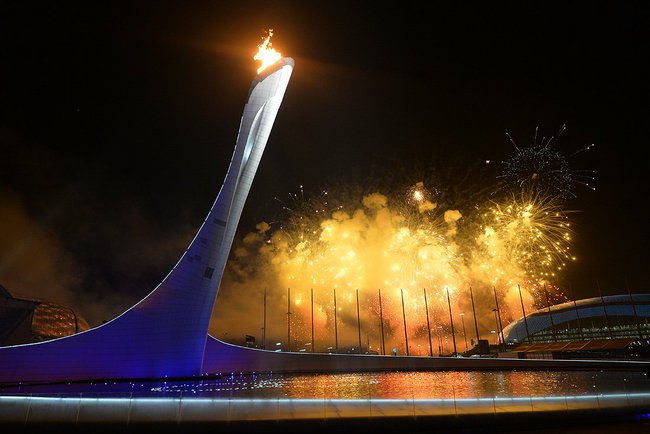On
Wednesday, we questioned a "fact" we'd heard. The fact stipulated that all moons in the Solar System were named after Greek gods, with the exception of Uranus' moons which were named after Shakespearean characters. Whilst it became clear that naming the moons after Greek gods was a fairly common practice, not
every moon was named after a Greek god.
We looked at the planets from Mercury to Jupiter on Wednesday, so today we'll continue our search from Saturn onwards. Call us old-fashioned, but we'll also have a look at Pluto, as it was still considered a planet when the moons were being named so it may still follow this rule.
 |
| Saturn and its moons. |
Saturn
British astronomer John Herschel suggested in 1847 that Saturn's moons be named after mythological characters associated with the Roman god Saturn and his Greek equivalent Cronus, the leader of the Titans who would overthrow his father Uranus until Zeus overthrew him.
Saturn's largest moon, Titan, is of course named for the Titans themselves, which were in essence giants. However, when Christiaan Huygens discovered it, it was simply named Saturni Luna (or Luna Saturni), the Latin for "Saturn's moon". This was fortunately changed in accordance with Herschel's nomenclature as there are currently a total 62 moons with confirmed orbits, and if we followed Huygen's method they'd all have boring names.
Rhea is the second largest of Saturn's moons and is named after an actual Titan. Rhea was a daughter of Gaia and Uranus who was referred to as "the mother of the gods", though not all of them. Saturn's third largest moon Iapetus takes its name from another Titan who was the father of Atlas, Prometheus, Epimetheus, and Menoetius.
The fourth largest, Dione, is named for a Titaness who in one source was suggested to have been a wife of Zeus. Her name is also her title, with Dione having its etymological roots in both the ancient Greek Zeús and the Latin Deus and Diana, all meaning god or goddess.
Tethys, the fifth largest moon of Saturn was an incestuous Titanness, having ruled as an aquatic sea goddess with her brother and husband. To make their incestuous love even more disgusting, she happened to be the mother of all the major rivers of the known world of the time and to roughly three thousands daughters, known as the Oceanids.
Rhea, Iapetus, Dione, and Thethys were all discovered by the astronomer Giovanni Domenico Cassini, who named the moons Sidera Lodoicea, "the stars of Louis" in honour of the French king Louis XIV.
Enceladus shares its name with another of the Titans, the only one that had dragon scales for feet. As Enceladus was discovered and named by Herschel, it would of course follow the nomenclature that he put in place. Mimas certainly follows convention as well, as Mimas was one of Gaia's sons and a Titan. The moon was discovered by Herschel's father, William Herschel.
Whilst these main moons all follow the Greek naming convention in the fact that we are scrutinising, the majority of Saturn's other moons also follow this pattern, with the exception of a few that have boring-sounding scientifically-orientated names, such as the catchy "S/2009 S 1".
Uranus
Uranus is the only planet in the Solar System that has been said not to have moons named after Greek mythology. Instead, Uranus' moons are said to have been named after Shakespearean characters.
Just like Saturn's moon, the names for the moons of Uranus were again decided by John Herschel. Whilst Herschel was adamant that Saturn's moons were to be named for Greek mythology, he insisted that Uranus' moons be named after magical spirits in English literature, not solely Shakespearean characters. The moons Oberon and Titania were named after spirits in Shakespeare's A Midsummer Night's Dream, while the moons Ariel and Umbriel were from Alexander Pope's The Rape of the Lock, though Ariel is also in Shakespeare's The Tempest.
Whilst Herschel had outlined this nomenclature, only the moons Puck and Mab followed this rule. Both were sprites and Shakespearean characters. Puck appeared in A Midsummer Night's Dream and Mab, or Queen Mab, is from English folklore and was mentioned in Romeo and Juliet.
When Gerard Kuiper, who had the Kuiper Belt named after him, discovered Uranus' fifth moon, he named it Miranda, a character from Shakespeare's The Tempest, rather than following Herschel's rules. However, the International Astronomical Union later agreed that the moons all be named after characters from Shakespeare.
Neptune
The moons of Neptune were decided to all be named after characters in Greek and Roman mythology. Triton, Proteus, Despina, and Thalassa were all children of Poseidon, the Greek equivalent to the Roman Neptune. Other Neptunian moons were named after varieties of Greek water nymphs as Neptune (or Poseidon) was the god of the sea.
 |
An artistic representation of Pluto as seen
from Charon. |
Pluto
Though Pluto is now considered a dwarf planet, it still has moons. The names of Pluto's moons have their roots in Greek mythology, albeit the darker side of Greek mythology.
Charon is the ferryman of Hades and the largest of Pluto's moons. Charon is so large in comparison to Pluto that it may be under consideration for dwarf planet status, which would make Pluto and Charon a binary system. Pluto's second moon, Nix is named after the goddess of night who also happened to be the mother of Charon.
Pluto's third moon, Hydra, is clearly named for the reptilian creature with multiple heads, and Kerberos in Greek mythology is also known as Cerberus, the three-headed dog or "hellhound", the namesake of Pluto's fourth moon.
Pluto's fifth and final moon, Styx, is named after the river in Greek mythology that separated the realm of the living from that of the dead.
Having looked at all the planets in the Solar System, it's clear that not all moons are named after Greek gods and Shakespearean characters, though many of them are.











